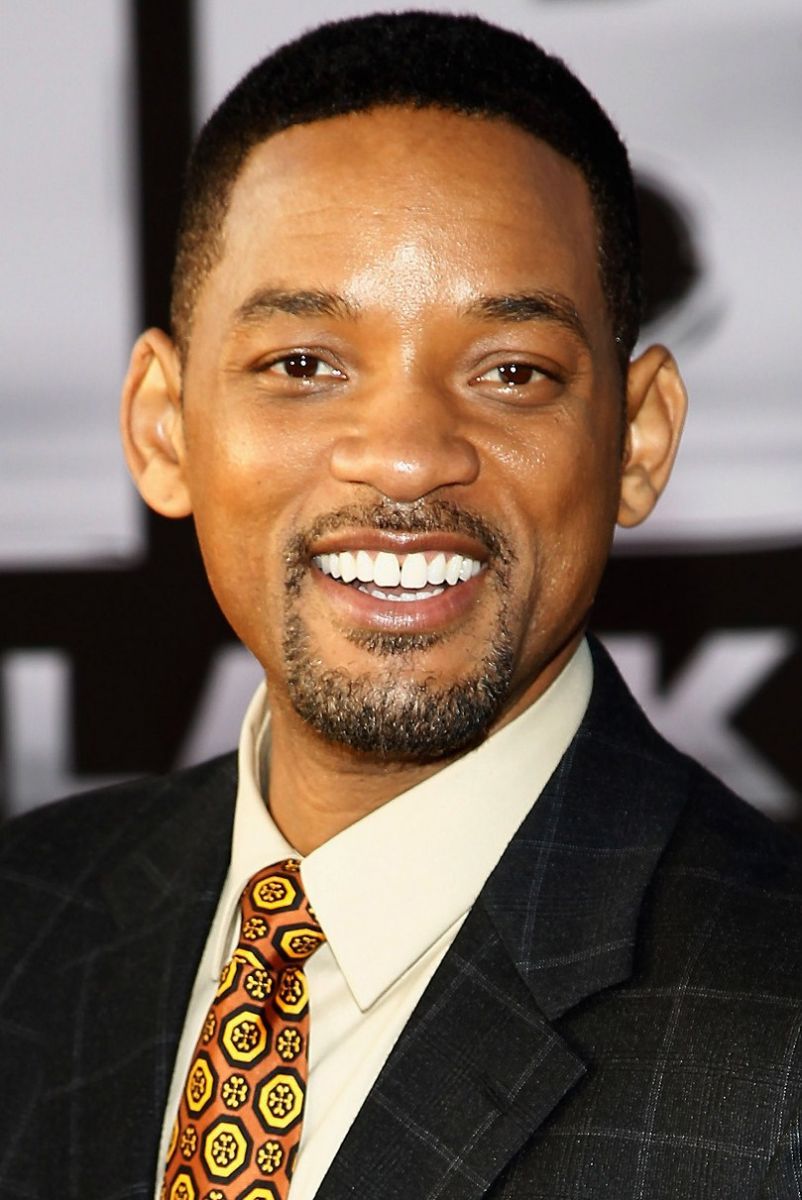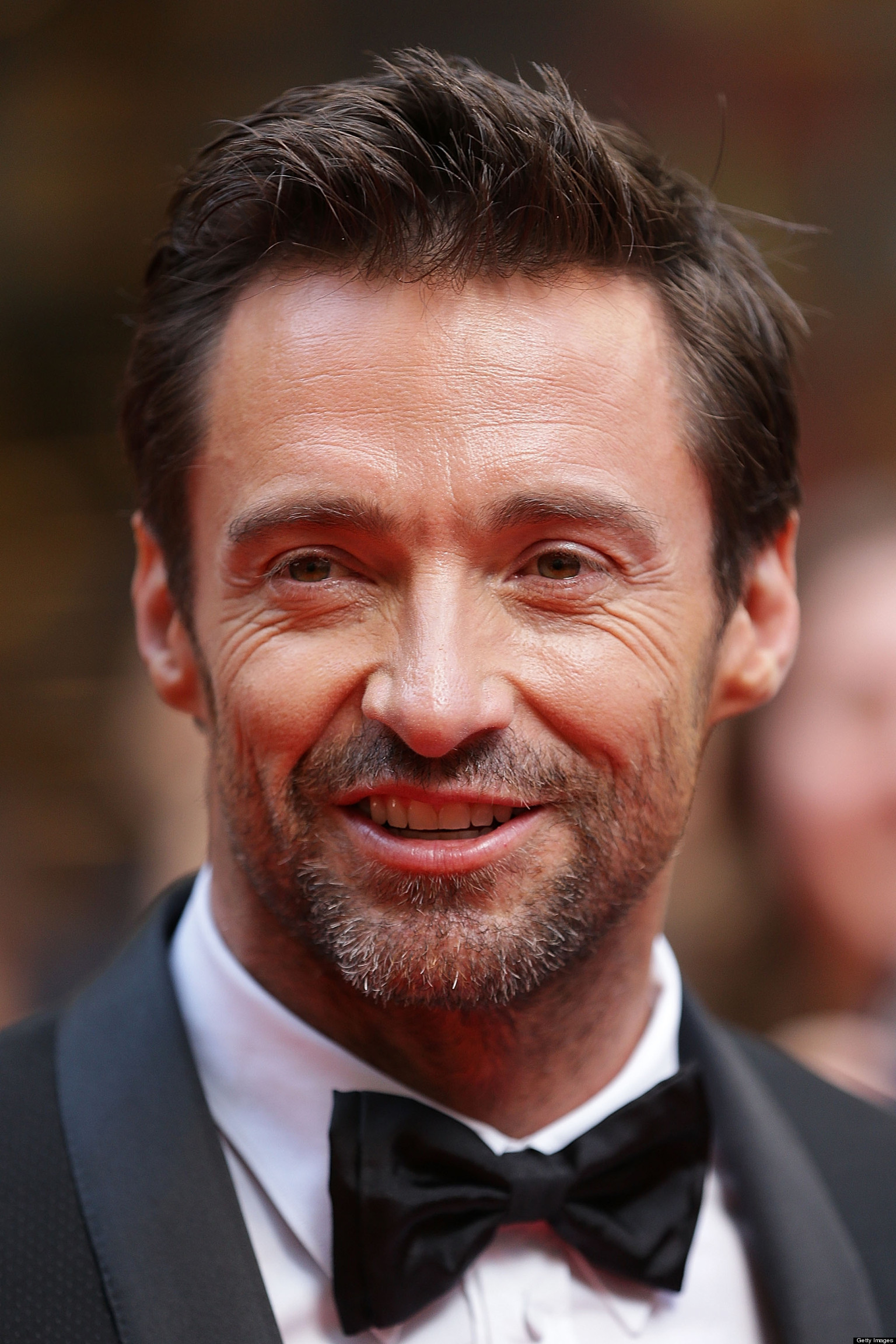Exploring The Enduring Appeal Of The Actor From The 70s
Stepping back in time to the 1970s reveals a truly special era for cinema, and in a way, for the people who brought those stories to life on screen. This was a period when performances really seemed to dig deep, shaping how we look at characters even now. You might be wondering what made these particular performers so captivating, or why their work still holds such a grip on audiences today. It's an interesting question, really, as these artists often pushed boundaries and explored human experiences with a raw honesty that felt quite new at the time.
The actors of that decade were, in many respects, storytellers who used their entire being to transport us into different worlds. They were, you know, people who truly embodied their roles, making us feel every bit of emotion and conflict. This was a time when film itself was changing, moving away from some of the glossier productions of earlier years and embracing a grittier, more realistic look at life, which in fact, gave these performers a lot of room to experiment with their craft.
So, we're going to take a closer look at what defined the actor from the 70s, exploring their unique qualities and the lasting mark they left on film and television. We'll consider how they brought characters to life, using their voice and body as essential tools, and why their contributions remain so important. It's a pretty fascinating journey, actually, into a time when acting was perhaps at its most intense and impactful.
Table of Contents
- The Unique Spirit of 70s Acting
- What Made a 70s Actor Distinct?
- Key Figures and Their Unforgettable Work
- The Enduring Legacy of 70s Performers
- Why They Still Matter Today
- Frequently Asked Questions
- Conclusion: A Lasting Impression
The Unique Spirit of 70s Acting
The 1970s was a period of big changes in the world, and this really showed up in the movies. Films started to feel more real, a little rougher around the edges, and the people acting in them seemed to mirror that shift. It was a time when, you know, many performers moved away from the more glamorous styles of earlier Hollywood. They aimed for something deeper, something more connected to everyday life, which was quite a departure for some.
This era saw the rise of a particular kind of performer, someone who was often willing to show flaws and vulnerabilities. They weren't always the perfect heroes or heroines; in fact, they were often quite complicated. This focus on human complexity meant that, you know, the actor from the 70s had to be incredibly skilled at portraying a wide range of emotions and experiences. They had to make you believe in their struggles, their triumphs, and their quiet moments of doubt, which is a big ask for anyone.
Many of these artists had a background in theater, which probably helped them develop a strong foundation for their work on screen. The actor performs in the flesh in the traditional medium of the theatre or in film, and this blend of stage discipline with cinematic intimacy created something truly special. It allowed them to bring a certain weight and presence to their characters, something that audiences really responded to, and still do, actually.
What Made a 70s Actor Distinct?
What truly set the actor from the 70s apart was their dedication to portraying characters with a profound sense of truth. They weren't just reciting lines; they were, in some respects, living the roles. This approach often meant delving into the psychological aspects of a character, trying to understand their motivations and inner turmoil. It was a very intense way of working, and it showed up beautifully on screen.
They often brought a raw, unpolished energy to their performances, which felt incredibly fresh at the time. You could see the thought process, the emotion, and the genuine struggle in their eyes. This commitment to realism, you know, helped to define the cinematic landscape of the decade. It made movies feel more immediate and more impactful for everyone watching, which is a testament to their skill.
The training many of these performers received, often rooted in techniques like method acting, encouraged them to draw from their own experiences to inform their roles. This meant that, for example, they could tap into deep feelings to create a believable, emotionally engaging portrayal of a person, real or imagined. It wasn't just about pretending; it was about truly becoming someone else, at least for the duration of the scene.
Bringing Characters to Life: The Core of the Craft
At its core, an actor is someone who brings a character to life. This fundamental idea was really central to the work of performers in the 70s. They understood that their primary job was to create a believable person, someone the audience could connect with, even if that character was flawed or difficult. This meant paying close attention to every detail, from how a character might walk to how they might react in a tense situation, which is very demanding work.
They were, in a way, master storytellers who used their body and voice as tools to transport the audience into a different world. It wasn't just about saying the words; it was about conveying the unspoken feelings and thoughts that lay beneath the surface. This ability to communicate complex inner lives without always needing dialogue was a hallmark of the era's best performances, and it's something that still resonates today, you know.
The meaning of actor is one that acts, and these individuals truly acted with their whole being. They didn't shy away from uncomfortable truths or challenging emotional landscapes. Instead, they embraced them, allowing their characters to be fully human, with all the messiness that comes with it. This commitment to authenticity made their work incredibly powerful and, you know, quite memorable for many people.
Mastering Voice and Movement: Tools of the Trade
Acting is a performing art that involves much more than just being able to cry on command. The actor from the 70s understood this deeply. They exercised supreme control over their voice, body, and facial movements so as to effectively convey their character's state of mind. This meticulous control allowed them to communicate subtle nuances that added layers of depth to their portrayals, which is a skill that takes years to hone.
Their voices were often used as instruments, capable of expressing a wide range of emotions, from quiet desperation to explosive anger. They knew how to use pauses, changes in pitch, and variations in volume to create impact. Similarly, their physical presence was carefully considered; every gesture, every posture, told part of the story. This kind of attention to physical detail is, you know, a sign of a truly dedicated performer.
Whether on stage or on screen, an actor’s primary job is to create a believable, emotionally engaging portrayal of a person. The performers of the 70s often achieved this through a combination of intense preparation and spontaneous instinct. They were masters of their craft, capable of making even the most dramatic moments feel utterly real. It was a period where, very often, the performances felt incredibly alive and immediate.
Key Figures and Their Unforgettable Work
When we talk about the actor from the 70s, certain names naturally come to mind, individuals who truly shaped the look and feel of cinema during that time. These were often performers who seemed to embody the era's changing attitudes and its exploration of darker, more complex themes. They weren't just famous faces; they were, actually, artists who consistently delivered powerful and thought-provoking work.
Think about the kinds of roles that became popular then: characters who were often outsiders, or grappling with moral dilemmas, or simply trying to find their way in a world that felt increasingly uncertain. These roles demanded a specific kind of performer, someone with depth and an ability to convey internal conflict. It was a time when, you know, the leading man or woman wasn't always traditionally heroic, which was a big change.
Many of these individuals went on to have careers spanning decades, continuing to influence generations of performers. Their work from the 70s, however, remains a benchmark for raw talent and commitment to character. It’s a period that, in a way, showcased the very best of what acting could be when given the freedom to explore complex human experiences.
The Anti-Heroes and Complex Figures
The 70s were, more or less, the golden age of the anti-hero. Performers of this time often played characters who were flawed, morally ambiguous, and sometimes even unlikeable, yet utterly compelling. These were not your typical clean-cut protagonists; instead, they reflected a more cynical and questioning view of society. It was a refreshing change for audiences, really.
An actor from the 70s in these roles had to convey a lot with very little. They often used subtle gestures, intense stares, or a quiet way of speaking to communicate deep emotional states. This understated power was, you know, incredibly effective. They made you root for characters who might otherwise be dismissed, simply by showing their humanity and their struggles, which is a powerful thing to do.
These performers were known for their intense preparation and their ability to disappear into a role. They weren't just playing a part; they were, in fact, becoming the character, for all intents and purposes. This dedication resulted in performances that felt incredibly authentic and, arguably, timeless. It's why we still talk about these films and these actors today, because their work just holds up so well.
Powerful Women on Screen
The 70s also saw a significant shift in the types of roles available for women, with many actresses taking on strong, independent, and often complex characters. These were women who were not just supporting figures but central to the story, driving the narrative with their own desires and struggles. It was a very important time for female representation in film, you know.
The actor from the 70s, when female, often portrayed women grappling with societal expectations, pursuing their own ambitions, or simply navigating difficult personal lives with remarkable resilience. Their performances were often nuanced, showing both vulnerability and immense strength. This kind of portrayal was, in a way, groundbreaking for its time, offering a more complete picture of women.
These talented women demonstrated incredible range, moving effortlessly between dramatic intensity and lighter, more comedic moments. They showed that acting is a performing art that involves much more than just being able to cry on command; it requires full command of one's emotional and physical tools. Their contributions helped pave the way for the diverse and powerful female roles we see in cinema today, which is something to appreciate, naturally.
The Enduring Legacy of 70s Performers
The impact of the actor from the 70s continues to be felt throughout the entertainment world. Many of the techniques and styles popularized during that decade are still studied and admired by aspiring performers. It's clear that, you know, their approach to acting left a lasting blueprint for how to create truly compelling characters on screen. Their work is often referenced in acting schools and by directors looking for a particular kind of authenticity.
Their performances helped to define a new kind of cinematic realism, one that embraced grit and emotional honesty over polished perfection. This shift in storytelling made films more relatable and, in a way, more powerful for audiences. It showed that movies could explore difficult subjects and portray complex individuals without needing neat resolutions, which was a big step forward for the art form.
Many of these individuals became household names, their faces and voices instantly recognizable. They became, in effect, icons of their time, embodying the spirit of a turbulent yet creatively rich decade. Their influence extends beyond just acting; it's about the cultural conversation they sparked and the way they pushed artistic boundaries. You can still see their influence in current films, actually, if you look closely.
Why They Still Matter Today
Even decades later, the work of the actor from the 70s continues to resonate with new generations of viewers. Their films are often rediscovered, praised for their timeless themes and, you know, the sheer power of the performances. This enduring appeal speaks volumes about the quality and depth of their craft, proving that truly great acting never really goes out of style.
They remind us that at its core, an actor is someone who brings a character to life, creating a believable and emotionally engaging portrayal. This fundamental truth of acting was showcased brilliantly throughout the 70s. Their ability to make us feel deeply for their characters, even the flawed ones, is a testament to their skill and dedication. It's a pretty powerful connection, really, that they forged with audiences.
For anyone interested in the art of acting, studying the performances from this era offers invaluable lessons. These actors were masters of their voice, body, and facial movements, using every tool at their disposal to tell a story. Their legacy encourages us to look for depth and authenticity in performances, reminding us that the greatest American actors who are alive today, for example, often draw inspiration from those who came before. You can learn more about acting techniques on our site, and find resources on film history.
Frequently Asked Questions
Here are some common questions people ask about performers from the 1970s:
What made 70s actors unique compared to other eras?
Performers from the 70s often embraced a more naturalistic and raw style of acting, moving away from some of the more stylized performances of earlier Hollywood. They focused on portraying complex, often flawed characters with deep emotional honesty. This meant, you know, a greater emphasis on psychological realism and less on traditional glamour, which was a big change.
Were there any specific acting methods popular in the 70s?
Yes, method acting, a technique where performers draw on their own experiences and emotions to create authentic portrayals, was very influential during the 70s. Many prominent actors of the era were trained in or heavily influenced by this approach. It allowed them to, in a way, truly inhabit their characters, making their performances feel incredibly real and impactful for audiences.
Why do 70s films and their actors still resonate with audiences today?
The enduring appeal comes from the timeless quality of the storytelling and the powerful, human-centric performances. The films often explored universal themes of identity, morality, and societal change, while the actors delivered deeply believable and emotionally rich portrayals. Their work still feels relevant because, you know, it taps into fundamental human experiences that don't really change over time.
Conclusion: A Lasting Impression
The actor from the 70s left an undeniable mark on the world of film and performance. Their commitment to truth, their willingness to explore complex characters, and their mastery of their craft set a new standard for acting. These individuals didn't just play parts; they, you know, truly brought stories to life, making us feel and think in new ways. Their contributions continue to inspire and influence performers and filmmakers alike, showing the true power of cinematic art.
Their legacy is a rich tapestry of unforgettable performances that continue to captivate audiences around the globe. It's a reminder that the best actors are those who can transport us, make us feel, and leave us with something to ponder long after the credits roll. So, if you're looking for compelling performances that truly stand the test of time, you really can't go wrong with exploring the films of the 1970s. You might discover some new favorites, actually, that will stay with you.
For more insights into the history of acting and cinema, consider checking out resources like the Academy of Motion Picture Arts and Sciences website, which offers a deep dive into the evolution of film. It's a pretty good place to start if you want to understand the broader context of these amazing performers.

Hollywood Icons: Get to Know the 10 Most Popular Actors of the Era

Best Actor, Golden Globes Musical Or Comedy: Hugh Jackman Wins Award

The Top 34 Best Actors of All Time, Ranked